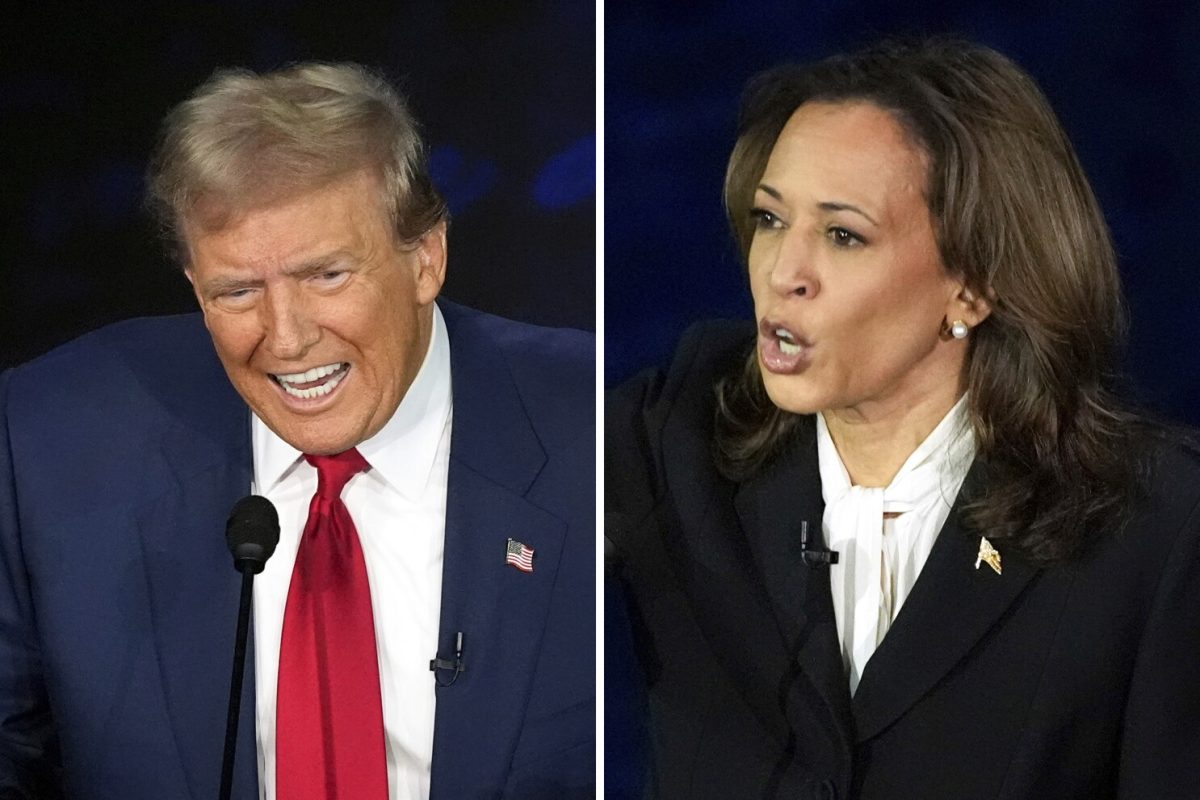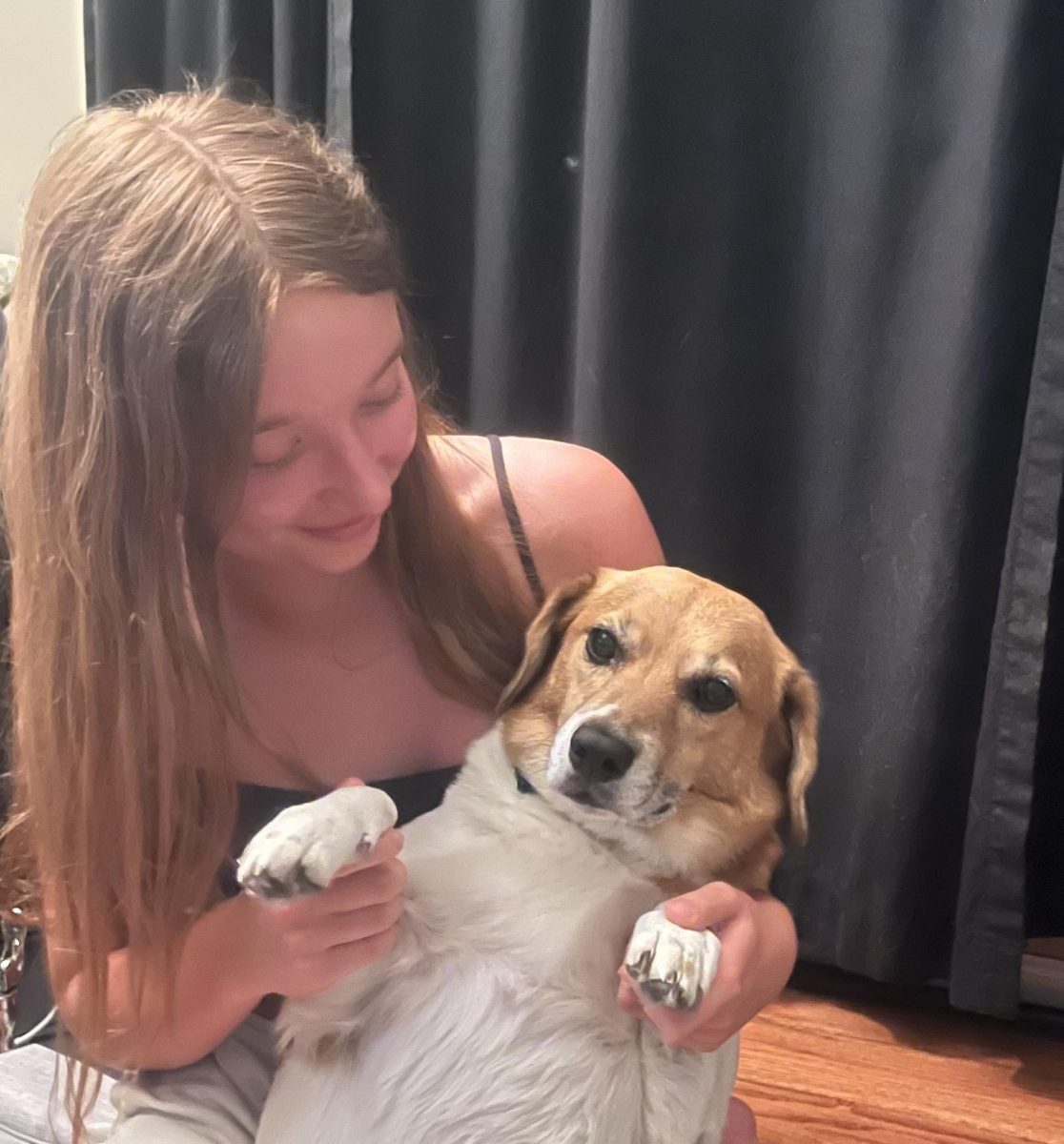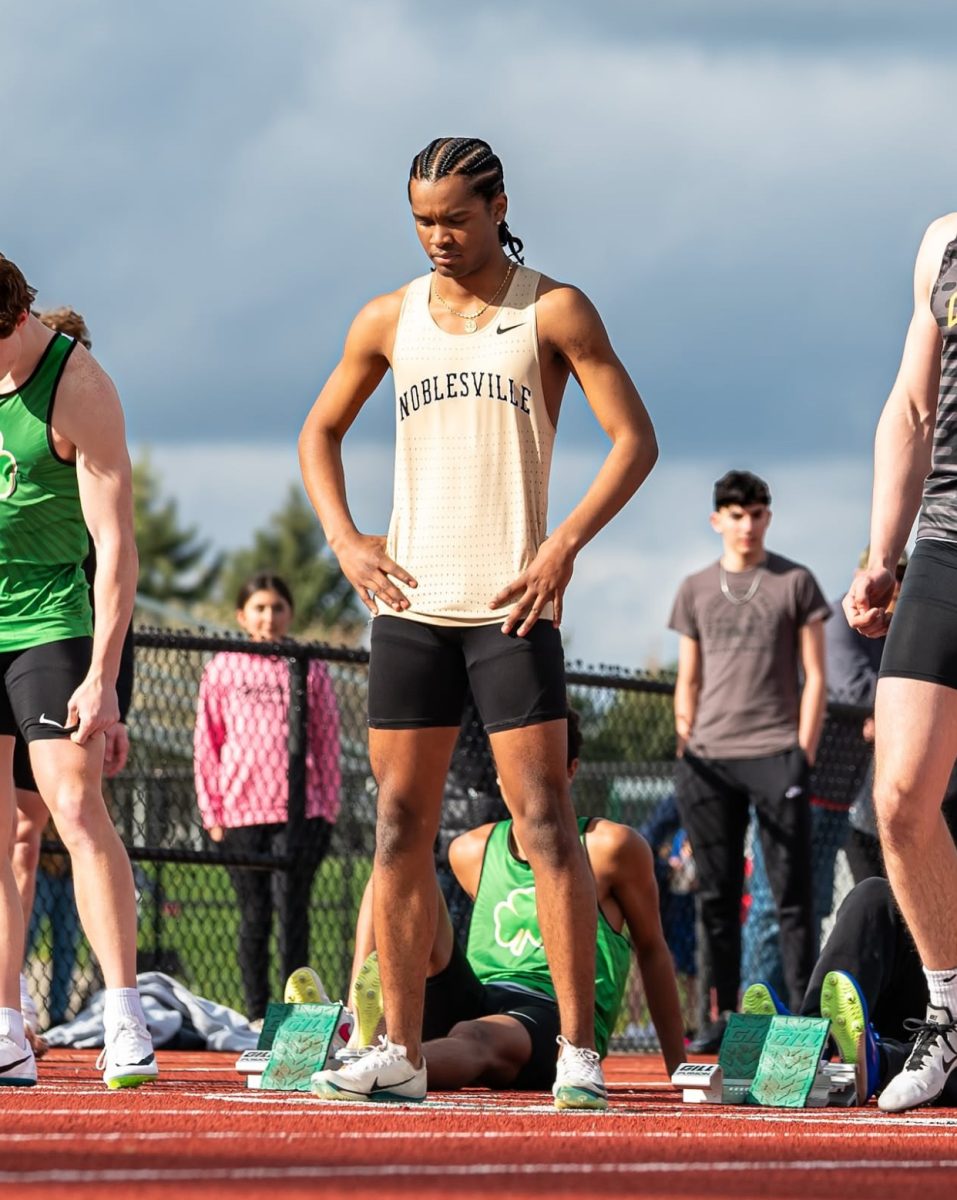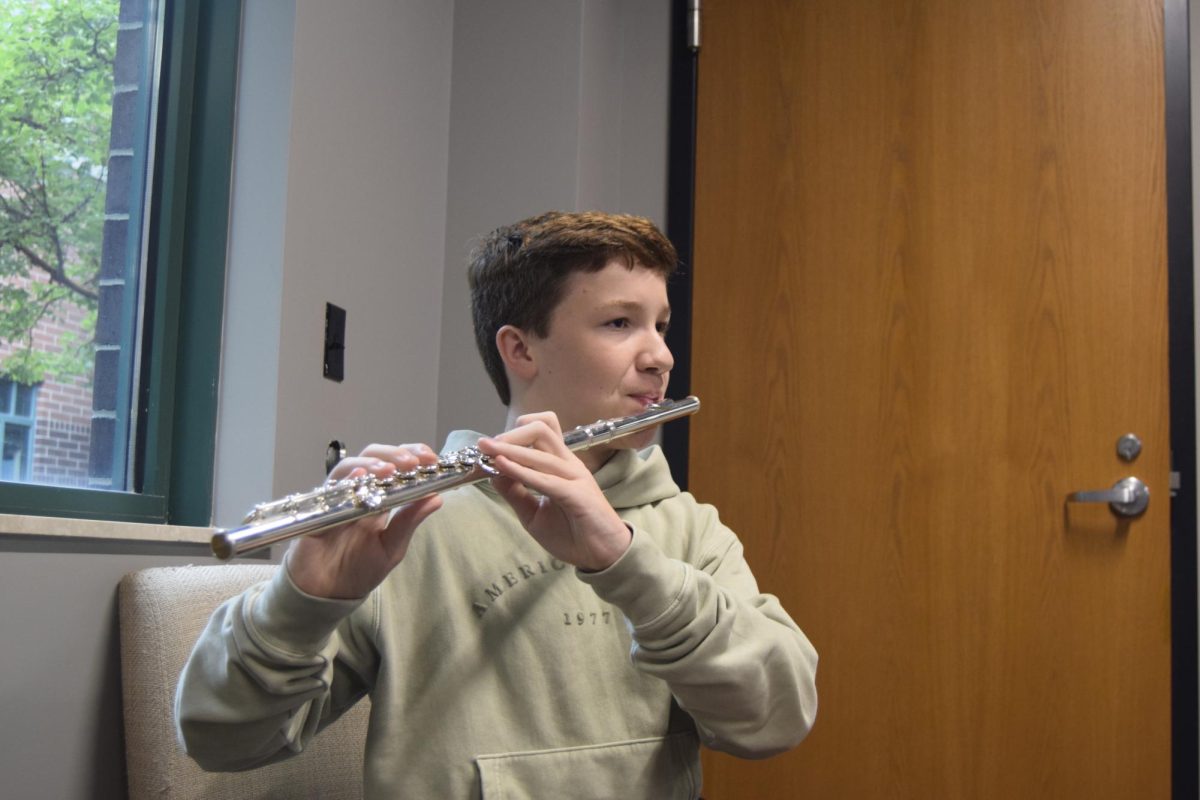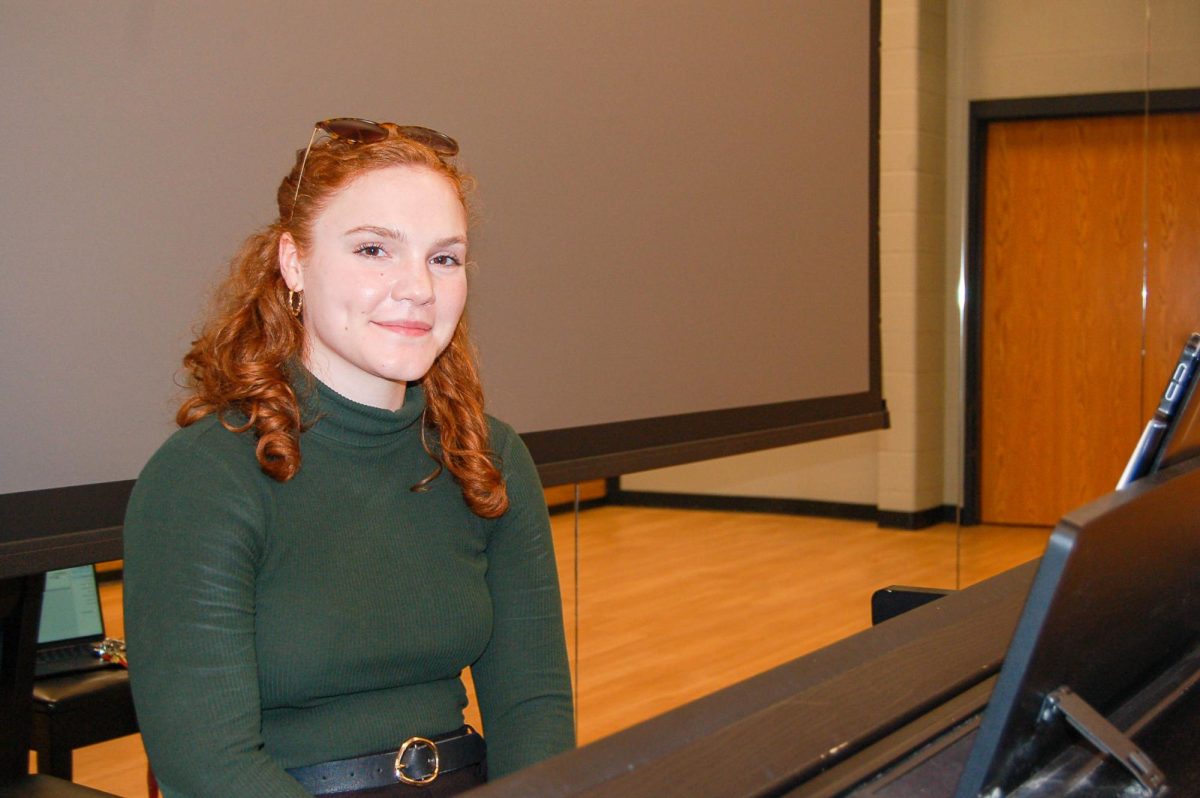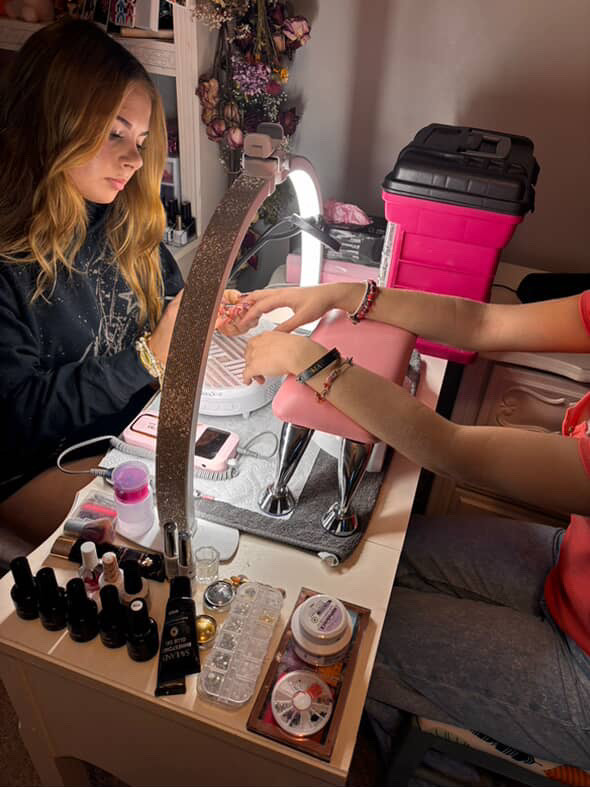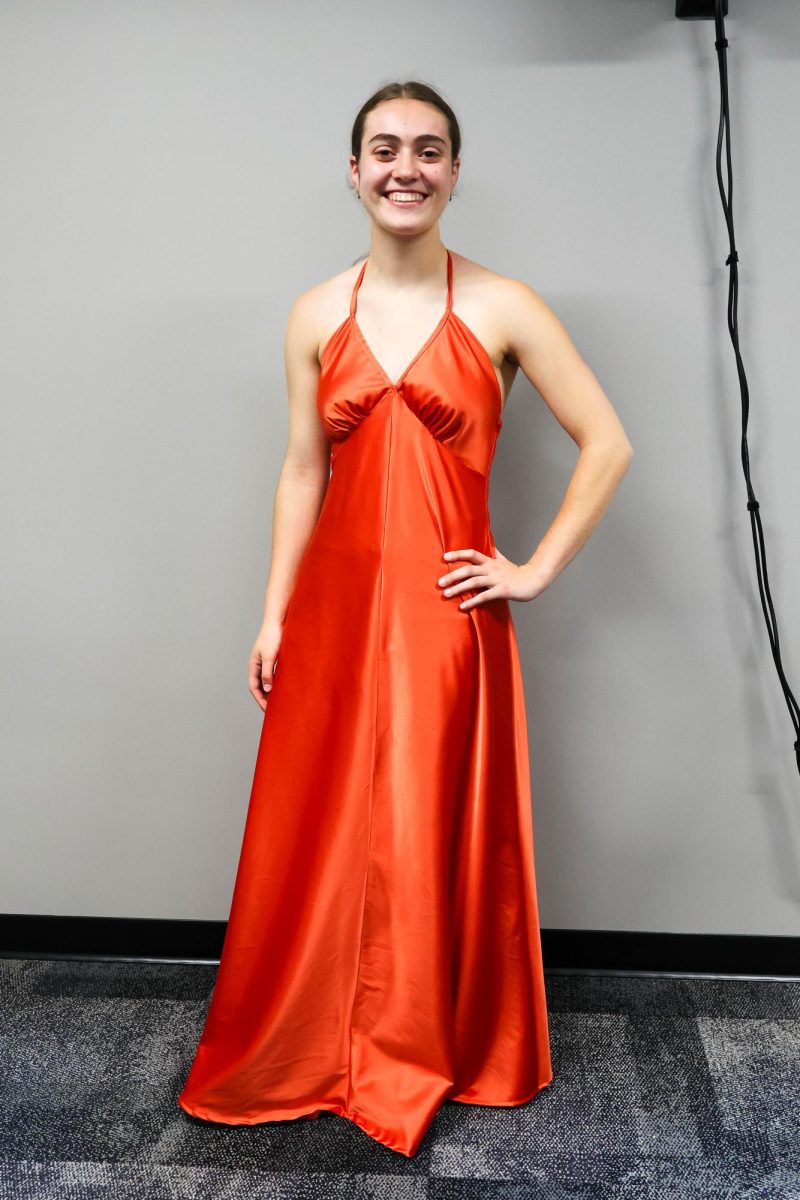The first Tuesday of November. While it might sound like an average day filled with school work and practices for many students, it is far from that. It’s a day that decides not only the future of our country but the future of our own lives. The day I’m talking about: Election Day.
This year on November 5th, 2024 the nation will choose who our next president is. But the presidential election isn’t the only election happening this year. Elections for governors, senators, representatives, and state and local government positions are happening as well. However, with all of these different decisions, picking and researching a candidate can often seem too overwhelming. There are a plethora of sources where we can learn about candidates, elections, and policies, but some can be incredibly misleading and spread inaccurate information, potentially causing harm to ourselves and others.
These days, all the information we could ever want is in the palm of our hands with the invention of the internet and social media. However, you cannot blindly trust what you read online, especially when it comes to political content. Many social media users are incredibly biased when it comes to the political information they post, even making up stories and lies to make their specific candidate more believable and appealing to the general public. In recent weeks we have seen many popular influencers attend the Democratic National Convention and many of Donald Trump’s rallies, showcasing their support for a candidate. There are numerous credible news sources that according to the Library of Harvard University are unbiased, or lean towards the middle of the political spectrum. These sources include the Associated Press, NPR, PBS, and BBC. Furthermore, voters should avoid getting news about candidates from sources that are extreme on both sides of the political aisle like Fox News which is notorious for being extremely far right, and CNN which leans far left. But if you are still set on getting your information from social media, find creators that simply just report news, without their personal beliefs getting in the way. But don’t leave it up to others to tell you about what a candidate stands for, hear it from them. Visit a candidate’s campaign site to check their stances on anything from gun laws to abortion, or visit https://www.usa.gov/voting-and-elections if you are unsure about who is running and where to access their campaign site. But the media aren’t the only ones that are guilty of spreading false information about elections and candidates.
We can even see extreme misinformation that occured at the presidential debate on September 10th. This is especially true after former president Donald Trump’s comment where he spread false rumors about Haitian immigrants in the town of Springfield, Ohio eating cats and dogs. Trump’s comments sparked his supporters to call in bomb threats to Springfield, which were so severe that Haitians living there were scared to even leave their houses, fearing for their lives. This is a blatant example of the harm of spreading misinformation, and how it can have severe consequences on people’s livelihood. Trump was caught lying multiple other times throughout the debate as well. Other examples of his lies included continuing to deny the 2020 election results and saying that women have “after birth” abortions. The moderators of this debate fact checked him on these lies, sending his supporters into a spiral of furry. They went online to say that the debate moderators were “biased” and the debate was “3v1” simply because Trump was fact checked on his lies, conveniently leaving out the fact that vice president Kamala Harris was also fact checked during the debate as well. This just further proves how much our country needs to educate ourselves in an unbiased way, due to the fact that people are blindly hanging onto every word a politician says, instead of doing research for themselves.
However, you cannot put any of your research into action if you don’t register to vote. In order to check your registration status or register for the first time visit https://vote.gov It is crucial that if you can vote, you do it. Any U.S. citizen that does not have any felonies, is able to vote. Even if you don’t realize it, each vote has its own impactful voice. But when given such an important power and opportunity, remember to educate yourself. Thoroughly research policies and topics you aren’t sure about, examine candidates’ websites to find out what they stand for, and most importantly keep up with current election events like debates, town halls, and campaign rallies. Remember the future of our nation is up to us, the people, so cast your vote wisely.



